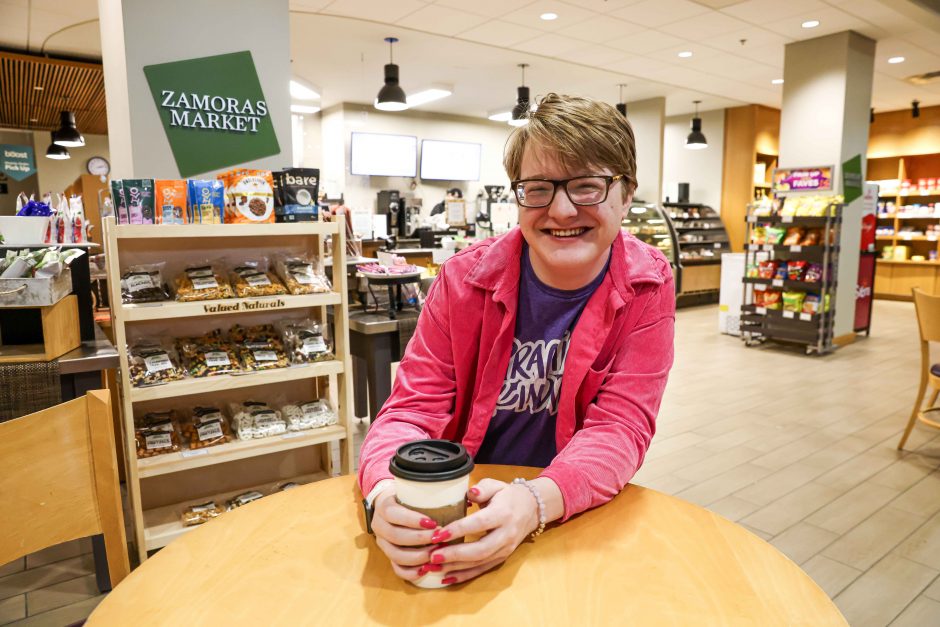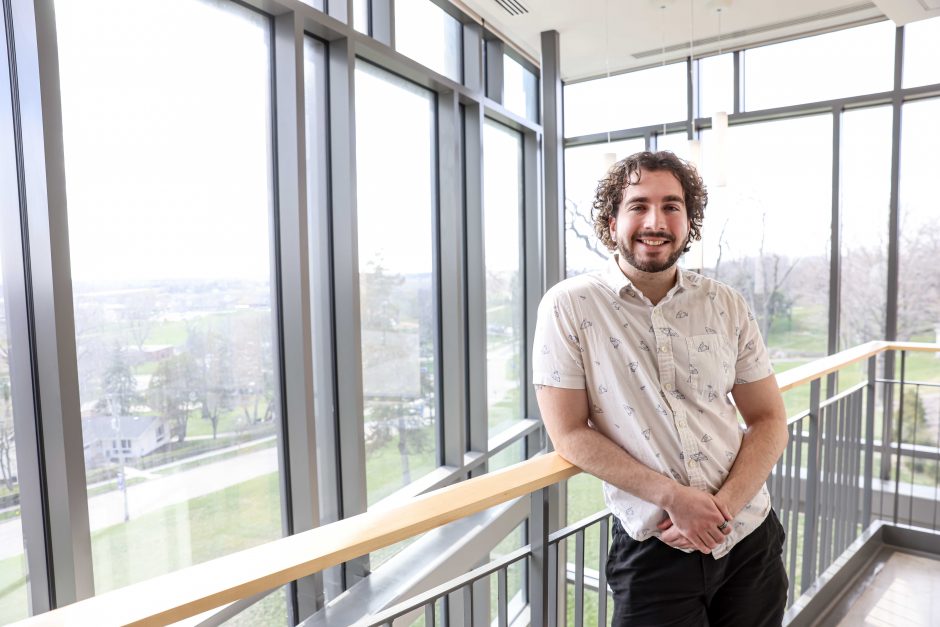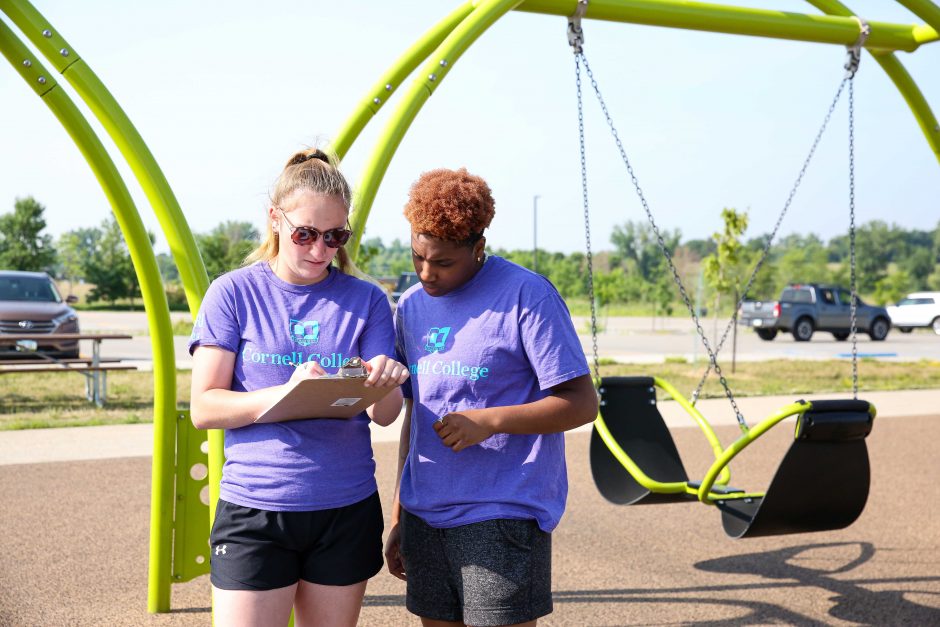Mar designs her own major: criminal psychology in society
When it was time to select a college, Caitlyne Mar didn’t expect to come to Iowa from her hometown of San Francisco, California.
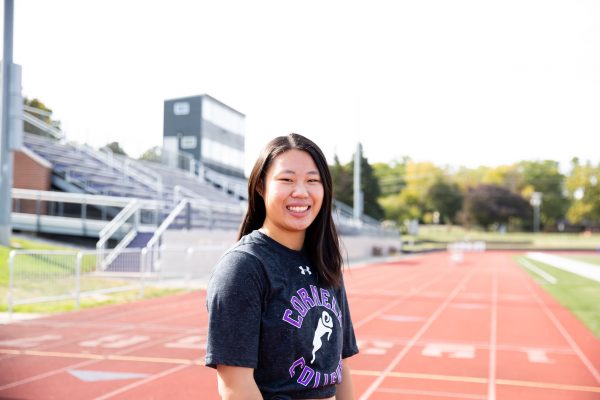
When she heard of Cornell College’s block plan and the opportunity to participate in athletics, however, she was in.
“I think this was one of the best decisions I’ve made, coming to the Midwest and moving so far away to come here,” Mar said.
When she got here, she learned about something else that fit her plans–she could design an individualized major. Now, she’ll graduate with a major that’s different from everyone else in her class: criminal psychology in society.
“It was really important to me to develop my individualized major because I didn’t feel that any existing majors clearly stated what I wanted to do with my future and my career,” Mar said. “I felt psychology was too general, and there wasn’t really a criminal justice major, which also wouldn’t have felt accurate either since I wanted to apply psychology to it. It’s really that intersection between the legal systems, criminal justice, and psychology.”
Cornell students wishing to declare an individualized major work with three faculty members to construct a major consisting of at least nine courses and must file a contract with the Registrar’s Office by the middle of their third year at Cornell. They must also complete the general education requirements for a B.A. degree.
“I built it up as a very difficult, complex, and long process, but when I really stopped and thought about it I realized it wasn’t as crazy as I thought. I did have to take some time to find my advisors, talk to them, do background research on what classes I wanted to include with a justification, and write a statement about why I thought it was important that I do this.”
Mar knows exactly what she wants to do next with her individualized major. She plans to go to grad school in forensic linguistics and says she likes the idea of using psychology to understand a piece of writing under question within the legal system.
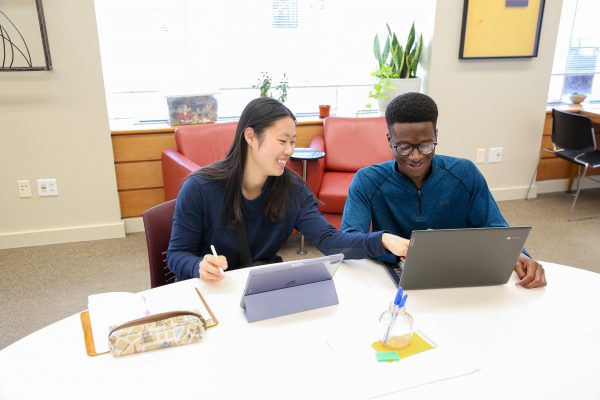
“I want to help people struggling in one way or another with the law,” she said.
Plus, she knows she put the work into designing exactly what she wanted her major to be for her future career. Now she’s a bit of an advocate for this process. Her younger sister, who is a first-year at Cornell, has asked Mar’s help in designing a major, which she says she’ll gladly help with.
“People have asked me about my individualized major because I like to say–I did that!” she said. “I’m very proud of the fact that I did that. I want other people to feel free and able to design their own major too because it’s not as hard as people might think.”

